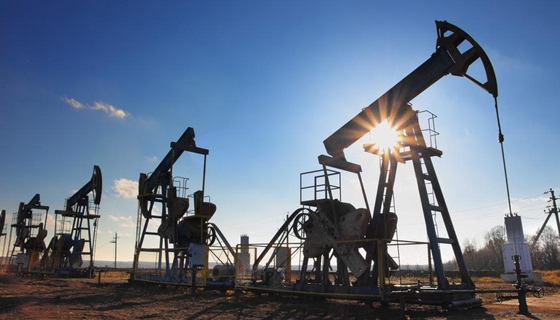The World Bank projected Iraq's real GDP to contract by 3% in 2017 following a growth of 10.1% in 2016, due to a 6% drop in oil production under the November 2016 OPEC agreement. But it noted that the country's economic outlook would improve in coming years in case of better security conditions and sustained fiscal consolidation. It anticipated non-hydrocarbon sector activity to rebound in 2017, following three consecutive annual contractions, mainly due to improved security conditions. Further, it projected the inflation rate to average 2% in 2017 relative to an average rate of 0.4% in 2016.
In parallel, the Bank projected Iraq's fiscal deficit to narrow from 8.2% of GDP in 2016 to 4.4% of GDP in 2017, and for the current account deficit to narrow from 7.2% of GDP in 2016 to 4.5% of GDP this year due to higher oil export revenues. Also, it forecast the public debt level to regress from 63.1% of GDP at end-2016 to 59.8% of GDP at the end of 2017 and to remain sustainable over the medium term, given the projected fiscal consolidation and improved growth prospects. It expected oil production and exports to return to their 2016 level in 2018 and 2019.
Source: World Bank

























































